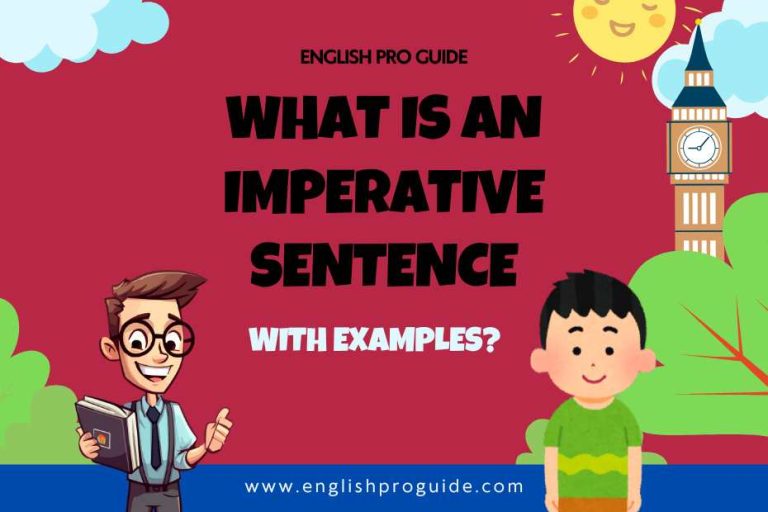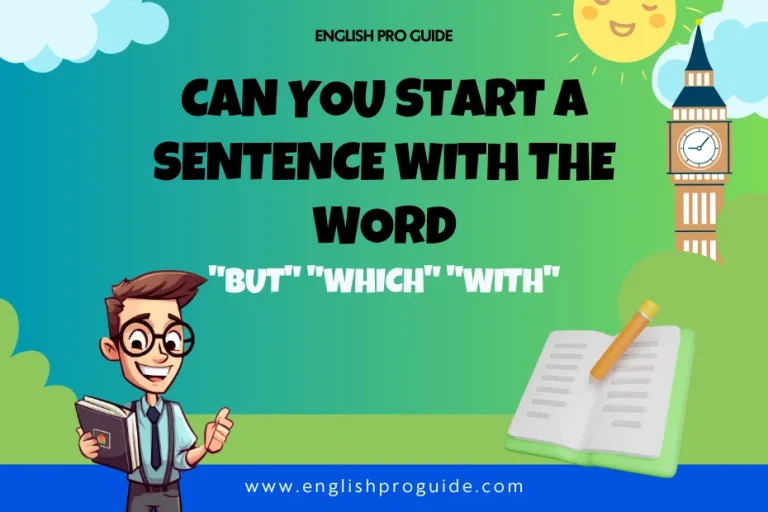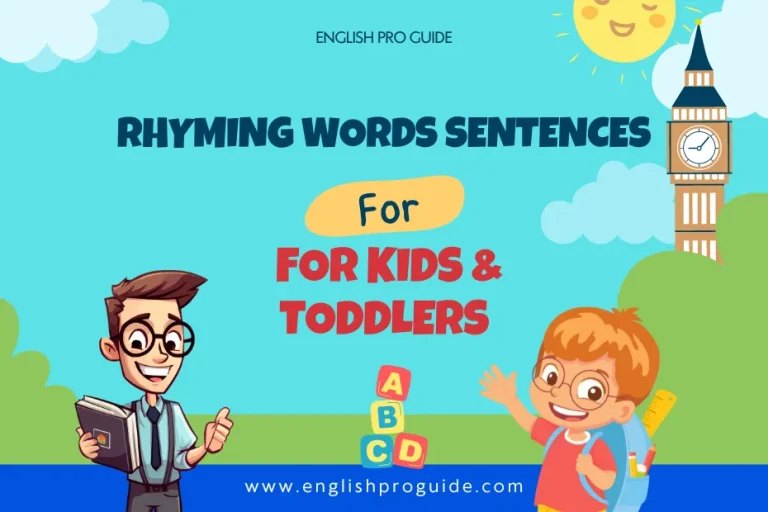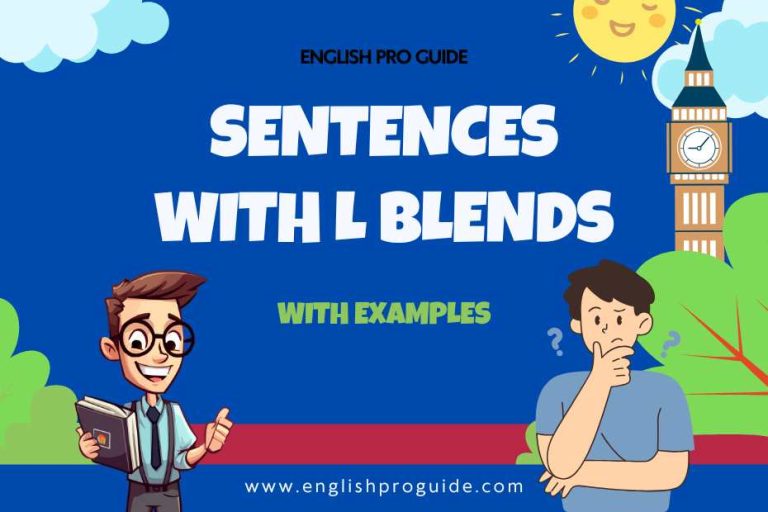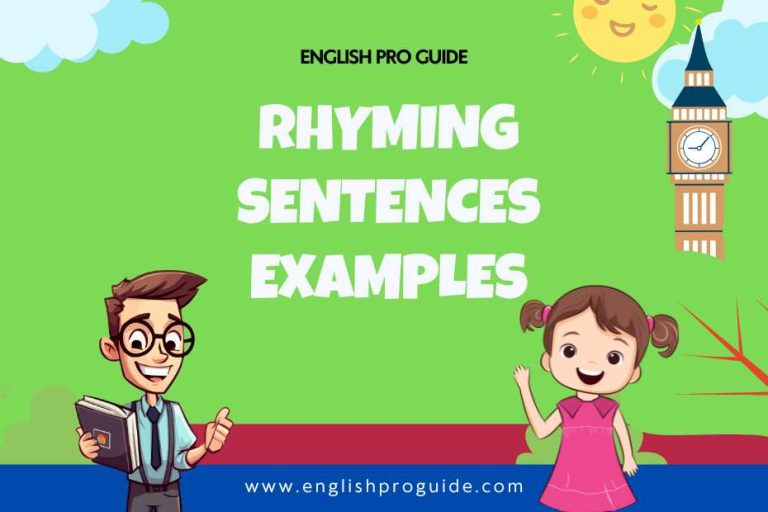Which Sentence is Most Clearly Informative Rather Than Argumentative?
Water freezes at 0 degrees Celsius, is Most Clearly Informative Rather Than Argumentative.
Language serves many purposes, and one of the most important roles it plays is in sharing information and expressing viewpoints.
But have you ever wondered how to tell the difference between an informative sentence and an argumentative sentence? While both are common in writing and everyday conversations, understanding their distinction is key to improving your communication skills.
This guide will clarify what makes a sentence informative versus argumentative, provide clear examples, and challenge you with a quiz to test your skills. Let’s get started!
Differences Between Informative & Argumentative Sentences
| Aspect | Informative Sentence | Argumentative Sentence |
|---|---|---|
| Purpose | To provide facts or explanations. | To express opinions or persuade. |
| Tone | Neutral and objective. | Subjective and persuasive. |
| Examples | The Earth revolves around the Sun. | The Sun is the most important star for life. |
| Content | Focuses on information without debate. | Often invites debate or disagreement. |
What is an Informative Sentence?
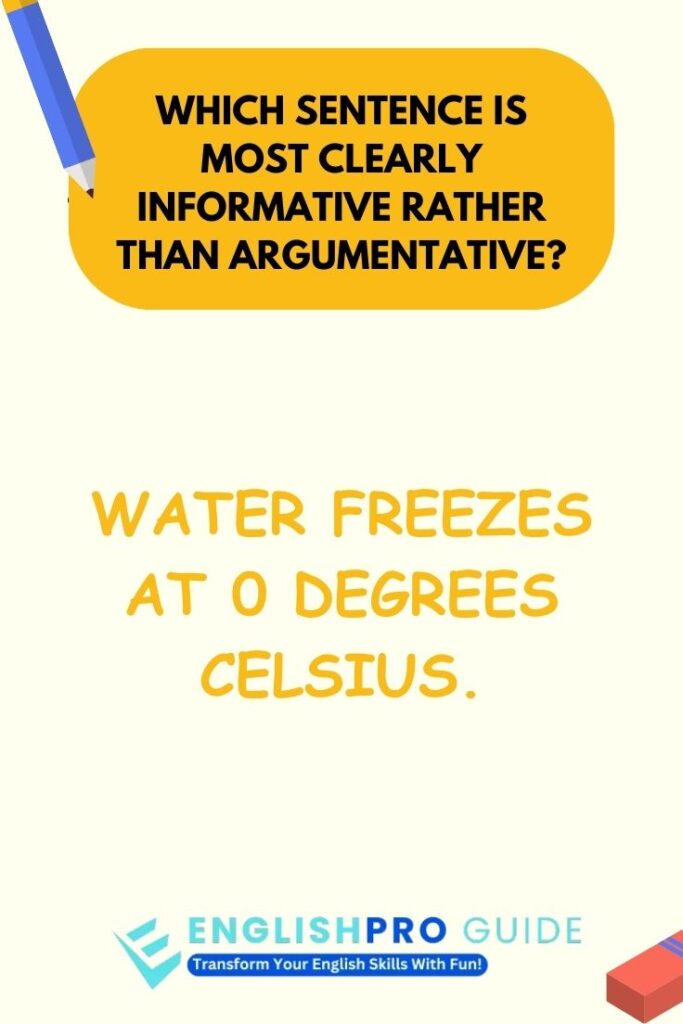
An informative sentence is designed to simply provide facts, data, or an explanation without expressing an opinion or attempting to persuade the reader. Its goal is to inform rather than influence. Think of it as straightforward language meant to educate or clarify.
For example:
- The capital of France is Paris.
- Water freezes at 0 degrees Celsius.
- The human heart pumps blood throughout the body.
Notice how these sentences do not invite debate or disagreement? They convey clear, factual information in a neutral tone.
What is an Argumentative Sentence?
An argumentative sentence, on the other hand, expresses an opinion or viewpoint and often seeks to persuade or convince the audience. It takes a stance on a topic and may be open to debate or disagreement.
For example:
- Paris is the most beautiful city in the world.
- People should drink eight glasses of water a day to stay healthy.
- Everyone must exercise regularly to stay fit.
Unlike informative sentences, argumentative sentences include opinions, judgments, or recommendations. They are subjective and may use emotional or logical appeals to make their case.
Read More: Missing Words Worksheet For Kindergarten
Quiz Time!
Now that you understand the difference, it’s time to put your knowledge into action. Read the sentences below and decide which one is most clearly informative. Don’t worry—we’ll provide the answers shortly!
Quiz:
Which of the following sentences is most clearly informative rather than argumentative?
- Chocolate is the best dessert because it satisfies all taste preferences.
- Mount Everest is the tallest mountain in the world.
- Students should spend at least two hours a day studying for exams.
- Reducing screen time is essential for improving mental health.
Take a moment to think about each example. Ask yourself whether the sentence presents a fact in a neutral way or expresses an opinion to persuade the reader. When you’re ready, scroll down for the answers!
Quiz Answers:
- Chocolate is the best dessert because it satisfies all taste preferences.
- Answer: Argumentative. The phrase “best dessert” is subjective and expresses an opinion.
- Mount Everest is the tallest mountain in the world.
- Answer: Informative. This is a factual and neutral statement that simply provides information.
- Students should spend at least two hours a day studying for exams.
- Answer: Argumentative. The use of “should” indicates a recommendation or opinion, which makes this sentence persuasive.
- Reducing screen time is essential for improving mental health.
- Answer: Argumentative. It presents a viewpoint about the importance of reducing screen time, aiming to persuade the reader.
Did you get it right? If you chose sentence #2 as the most clearly informative, great job!
Read More: 7 Ocean Animal Poems For Kids (Easy To Learn)
Why Does This Matter?
Knowing how to distinguish between informative and argumentative sentences is essential for critical thinking and effective communication. Here’s why:
- For Learning: Understanding the difference helps you evaluate the purpose of a text or conversation.
- For Writing: Choosing the right tone helps you tailor your message to your audience.
- For Debates or Discussions: Spotting an argument can help you decide whether you agree with the opinion or need more facts to form your own.
By practicing this skill, you’ll become a better reader, writer, and thinker!
Practice More on EnglishProGuide.com
Feel like you’ve mastered the basics? Check out more fun exercises and lessons on EnglishProGuide.com.
From grammar tips to quizzes and writing guides, we’ve got everything you need to sharpen your English skills. Drop a comment below if you’d like more examples or have questions about today’s lesson—we’re here to help!
Happy learning!

